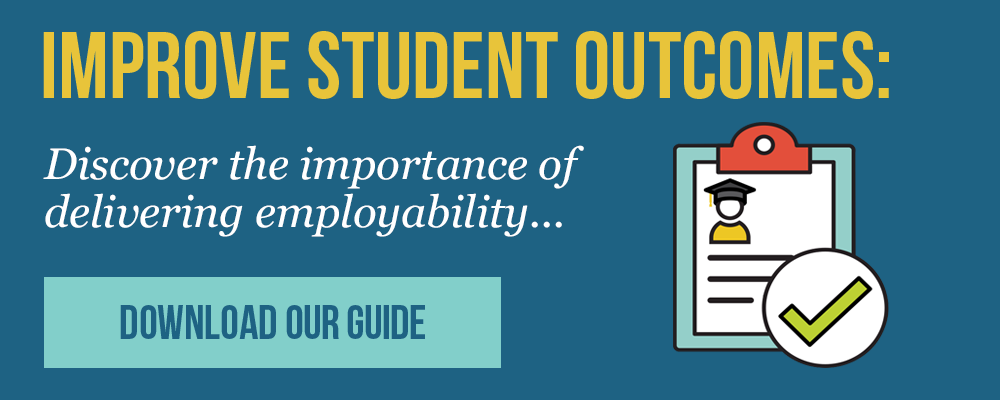
They might not be perceived as such (although this is changing), but universities are businesses and, like businesses, require a healthy cash flow in order to operate and provide education services. As such, funding is a constant concern for university staff as their ability to attract funding is a key determining factor in how well they are able to adapt to rapidly changing education trends and remain competitive. Drawing on the University of the Future report by Ernst and Young, this blog article will examine the main factors that will drive university funding and influence education services in the future, and how your institution can adapt to these to enhance its chances of securing funding.
Government funding has been a mainstay for universities, but this will change
Apart from entirely private universities, government funding has always played an important role in the fiscal life of universities around the world. This especially applies to Central universities in India and universities in the UK, where around 25% of funding comes from the state. Yet, if predictions by Ernst and Young prove correct, government funding will play a smaller role going forward in supporting the education services provided by universities.
Strengthen ties with government to contend for funding, leverage research capabilities and expand work opportunities for students
The growing number of universities, and therefore the increasing contestability of the education services market, will put even more pressure on a university’s ability to secure funding from these government sources. And unless your institution is classified as a central university, the chances of securing funding from the University Grants Commission (UGC) depends on whether the body deems it “fit to receive grants”. The solution is two-fold. Universities must begin to seek a larger percentage of their funding from non-governmental sources and strengthen their ties with the government, beyond the purview of securing funding, to leverage research capabilities and work opportunities for current students. The latter is especially important for enhancing student employability and growing your university’s reputation, as we expanded upon in a previous blog.
Industry partnerships will become increasingly important for funding tertiary education
As government sources become a diminished component of the university funding mix, partnerships with industry will begin to gain importance. As we emphasise in another blog, there are multiple benefits of education services such as your institution partnering with organisations within the industry. Through strategic partnerships, you can differentiate your curricula, distinguish your university as a leader in innovation and, as with governmental ties, create job opportunities and industry based learning for students. From a financial perspective, ties with industry can support research funding.
Universities should capitalise on research as a means of gathering funding
Research commercialisation, until now regarded as a “fringe activity” in terms of funding for education services, will also gain prominence for universities. This occurs when universities collaborate with venture capitalists, businesses and industry in order to commercialise university research. The European Institute of Innovation and Technology is already facilitating such models through their Knowledge and Innovation Communities (KICs).
Increasing student employability makes attracting funding easier
Earlier in the article, we discussed the role that creating job opportunities for students plays in growing your institution’s reputation and therefore its ability to attract funding through industry and government. Improving destination metrics can further bolster your university’s reputation: to do this, strengthening student employability needs to become a priority.
We’ve designed our Industry Engagement Programme (IEP) to do just that: enhance student employability through a career development programme that develops the skills they need to become strong job candidates. Download our guide for further advice on how to improve employability.


